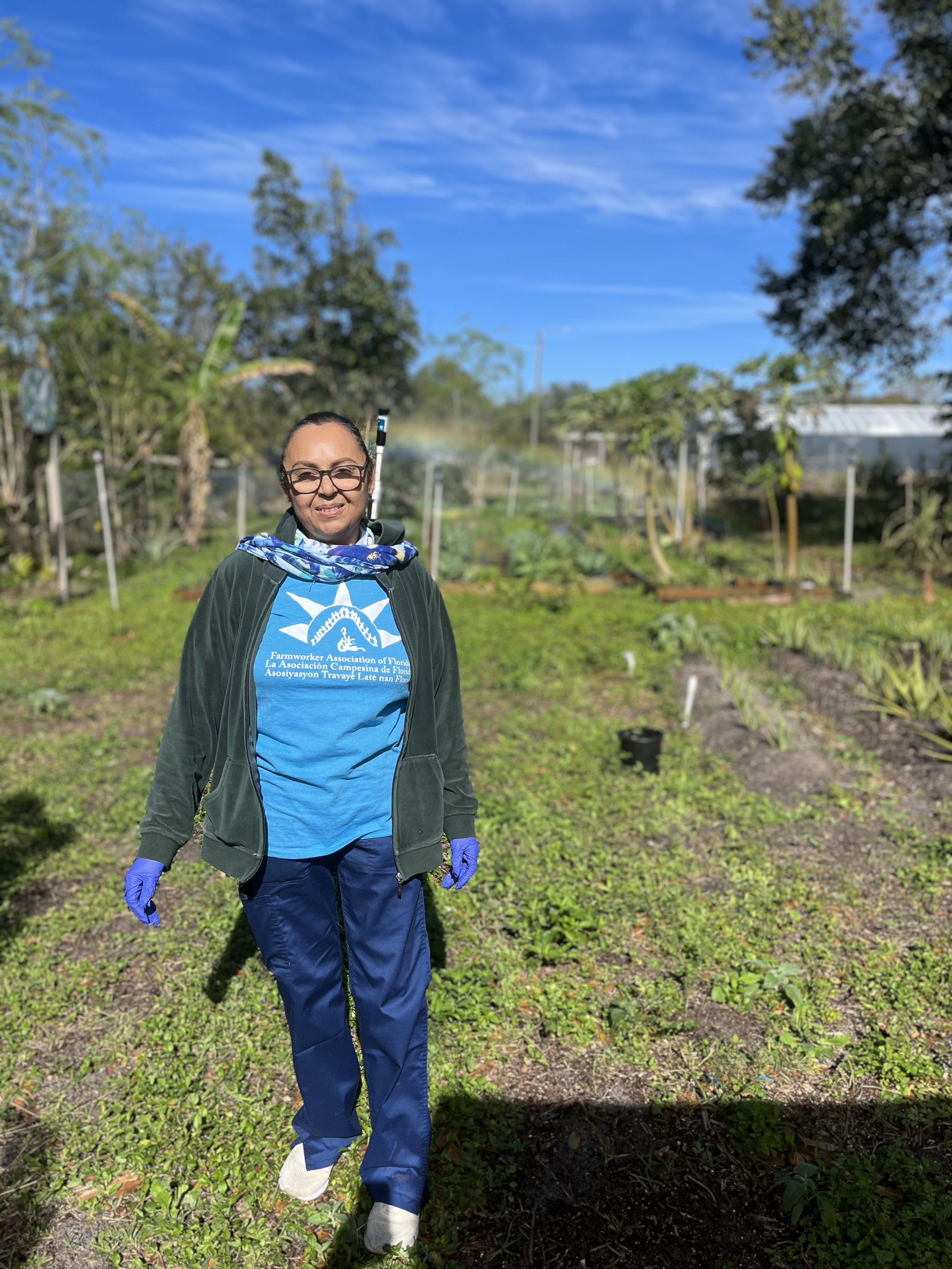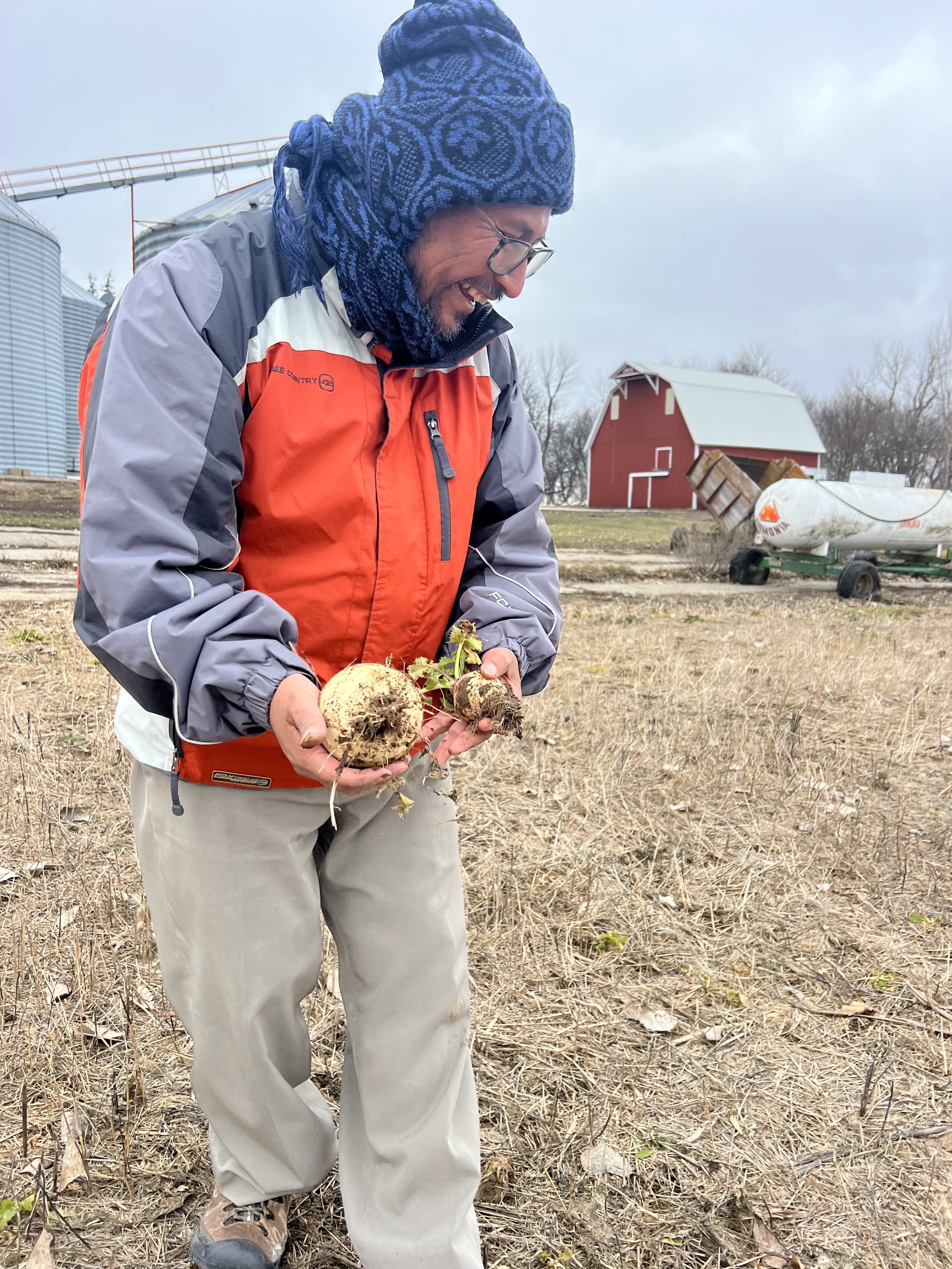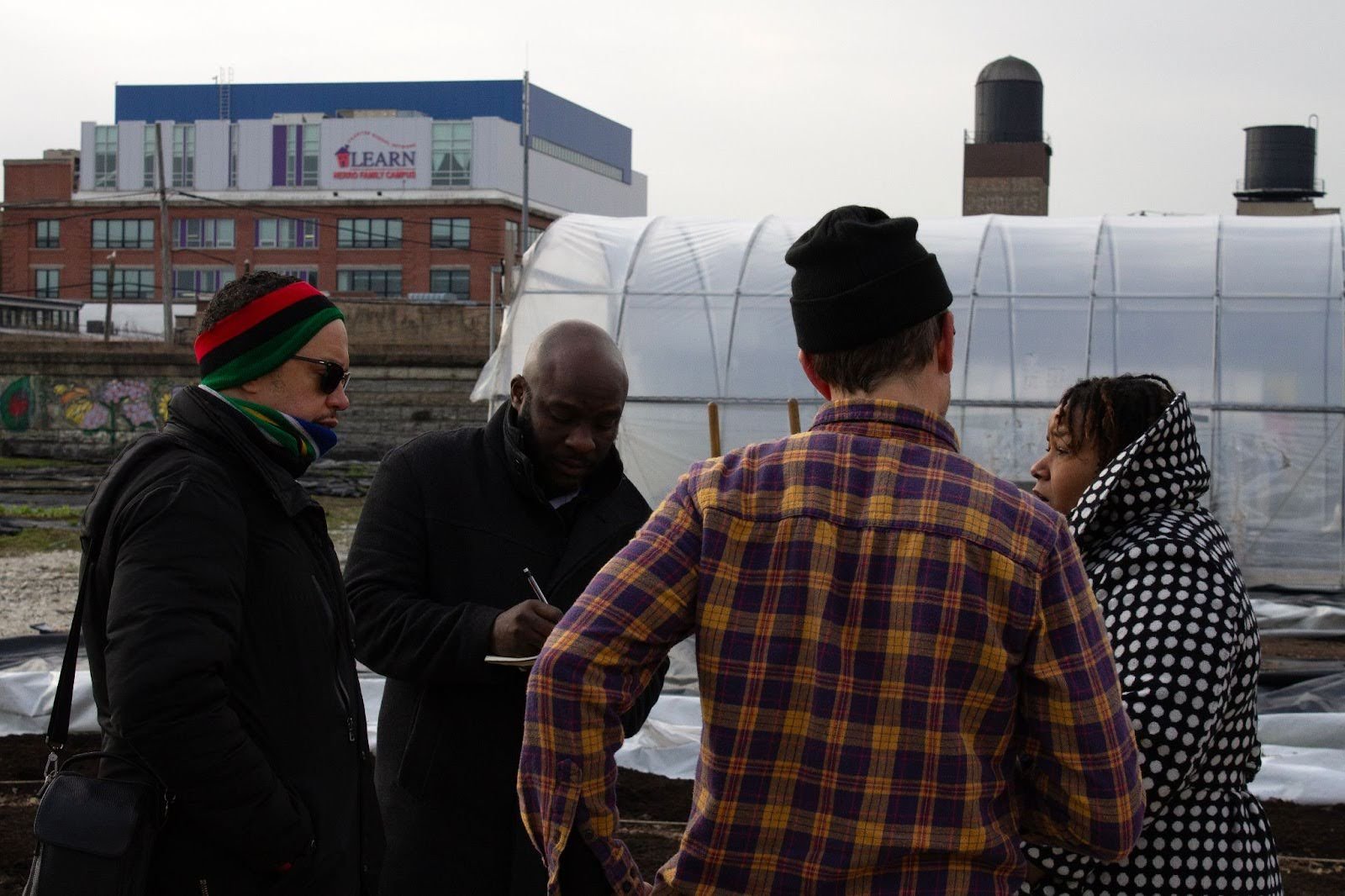Trailer for Feet in 2 Worlds’ new flagship show called Home, Interrupted. The series explores how the climate crisis affects immigrants across the U.S., and how immigrant communities are finding new ways to deal with a warming planet. You’ll hear voices that are often overlooked in the climate crisis, including those who have been forced to make wrenching choices, as well as those who are leading the way to a more sustainable planet.
Photo courtesy of Pamela Contreras Franco
Who Sends Help When Hurricanes Strike?
When Hurricane Otis devastated the resort city of Acapulco in October 2023, Mexican authorities struggled to respond to the disaster. Producer Greta Díaz González Vázquez reports on how families divided by the US-Mexico border faced challenges in surviving Otis.
Photo Credit: Diana Cervantes
Rising Floods for Basement Apartment Dwellers
Over 100,000 people live in New York City basement apartments – most are immigrants. It’s an open secret that, while basement apartments offer cheap rent, they are potential death traps in a city experiencing more frequent and severe flooding due to climate change. Government programs to address the problem have largely failed.
Producer Emmy Brett asks where people go when there is nowhere safe or affordable to call home.
Photo Credit: Allison Salerno
Harvest of Shame: Deadly Heat Edition
In July of 2023, Efraín López García died picking fruit on a farm in Homestead, Florida. According to his family, extreme heat caused his death. At the same time, the Florida legislature was considering a bill banning local governments from enacting safety regulations to protect farmworkers. About 75 percent of farmworkers in the United States are immigrants.
Allison Salerno reports on community organizations and scientists who are working to protect farmworkers from extreme heat in the absence of government protections.
Photo Credit: Anja Nilsson
In America’s agricultural heartland, a small group of immigrant farmers look to ancient methods to help modern farming respond to the climate crisis.
Producer Anja Nilsson reports from Nebraska on Maya farmers from Latin America who employ farming methods that conserve water, increase biodiversity, and reduce carbon emissions.
Photo Credit: Iggy Monda
Rain, Rain, Go Away, New York Kids Are Trying to Play
Across New York City, workers are tearing out concrete and asphalt from schoolyards and replacing them with rain-absorbing surfaces that are more climate resilient. The redesigning of playgrounds in immigrant neighborhoods offers a once-in-a-lifetime opportunity to rethink how kids in the city relate to the outdoors.
Producer Aria Young, an immigrant journalist from China, explores the recent transformation of New York City playgrounds in response to the climate crisis and what it means for children’s play.
Photo Credit: Wendy Wei
In 2023, Illinois’ governor signed the Climate and Equitable Jobs Act to phase out fossil fuels by 2050 and renovate the state with green infrastructure. Chicago is one of the cities offering communities of color and those most impacted by pollution the chance to lead this energy revolution.
Reporter Wendy Wei speaks with Ghanaian American Senyo Ador about how he is bringing his insights from working on energy projects in Ghana to make Chicago a more energy-equitable city for communities of color.
Photo Credit: Iggy Monda
Your zip code can tell a lot about your health. Studies show that historically redlined neighborhoods can overlap with areas that flood the most, have the worst air quality, and experience the warmest temperatures.
Our story takes us to California’s San Fernando Valley and to Newark, NJ, where immigrant families live in or near zones that have been redlined and experience health issues due to extreme heat and pollution.
The Hustle
Photo Credit: Iggy Monda
When New York State legalized recreational cannabis, officials did so with the promise to give those affected by the War on Drugs the first opportunity to sell cannabis legally. But while the state has celebrated the growth of its newest legal economy, many feel left out — no one more so than non-citizen immigrants.
I take you through the streets of New York City to talk to formerly incarcerated business owners hoping to find a place in the industry, city and state officials who believe New York is on the right path, and experts who say immigrants should probably stay away from cannabis altogether.









